The Association of German Metal Traders and Recyclers (VDM), one of Germany's leading recycling associations, has welcomed the inclusion of circular economy, raw materials policy and foreign trade as priorities in the coalition agreement of the new federal government. The association emphasized that steps in these areas are critical for a sustainable economic transformation.
In a statement released by VDM, the association stated that the implementation of the National Circular Economy Strategy (NKWS) within the pragmatic and feasible framework announced and the strengthening of raw material partnerships are considered as a strategic vision for the country's industry. The association argues that this strategy will strengthen the metal recycling sector through “secondary raw material partnerships” and make it possible to both protect existing markets and win new markets for high-quality recycled raw materials.
Call for recycling sensitivity in Free Trade Agreements
In this context, VDM stated that recycled raw materials should be explicitly considered in EU free trade agreements with countries such as India, ASEAN countries, Australia and Mercosur. Kilian Schwaiger, Managing Director of VDM, stated: “Recycled raw materials should be seen as equivalent goods. This is a contribution to security of supply and climate protection in equal measure.”
Steel Scrap in Strategic Role
Underlining the importance given to steel scrap recycling in the coalition agreement, VDM stated that this support will make a significant contribution to the decarbonization of the industry. In order to fully exploit this potential, targeted public support for the entire steel and metal recycling chain, from collection and sorting to the industrialization of high quality secondary raw materials, is essential, the association emphasized. According to VDM, waste management companies should be taken into consideration by decision-makers as indispensable actors in this process.
CBAM warning on critical raw materials
The VDM also welcomed the stronger promotion of the extraction and processing of critical raw materials. However, the association criticized that the third pillar of the national raw materials strategy, import trade, was not adequately addressed in the coalition text. According to the association, access to strategic raw materials needed by industry cannot be guaranteed without functioning international supply chains.
“Strategic raw materials should be excluded from CBAM”
In this context, VDM highlighted that the Carbon Border Adjustment Mechanism (CBAM) increases the costs of imports and weakens the competitiveness of European industry, citing the example of ferroalloy products, which are vital for European industry. VDM argued that it would make sense to exclude strategic raw materials such as ferroalloys from CBAM so that Europe can build a resilient and climate-friendly industrial infrastructure.
Brussels More Decisive Than Berlin
Finally, the association calls on the new government to pursue an active European policy. According to the VDM, the ultimate direction in the metals trade and recycling, such as the smooth functioning of international markets and the reduction of bureaucracy, is more likely to be set in Brussels than in Berlin. Therefore, access to open markets, reliable framework conditions and a regulatory structure that supports innovation must be decisively promoted at European level.


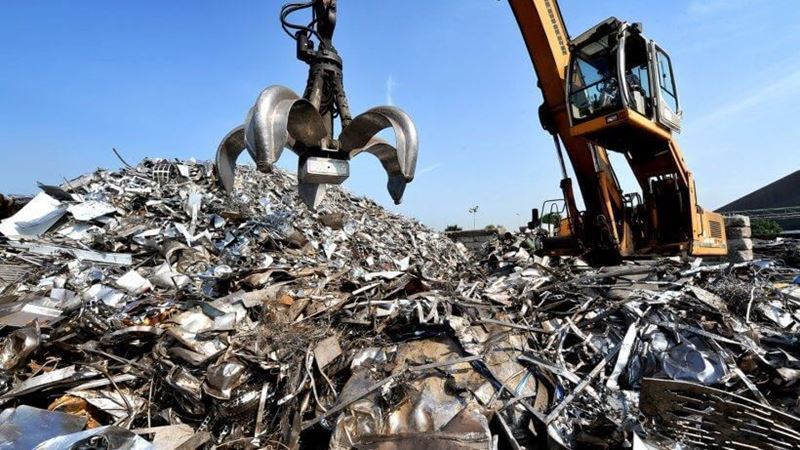

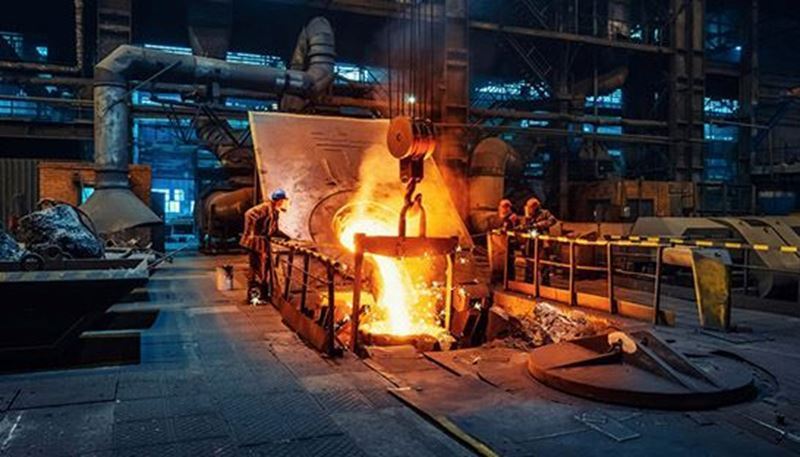
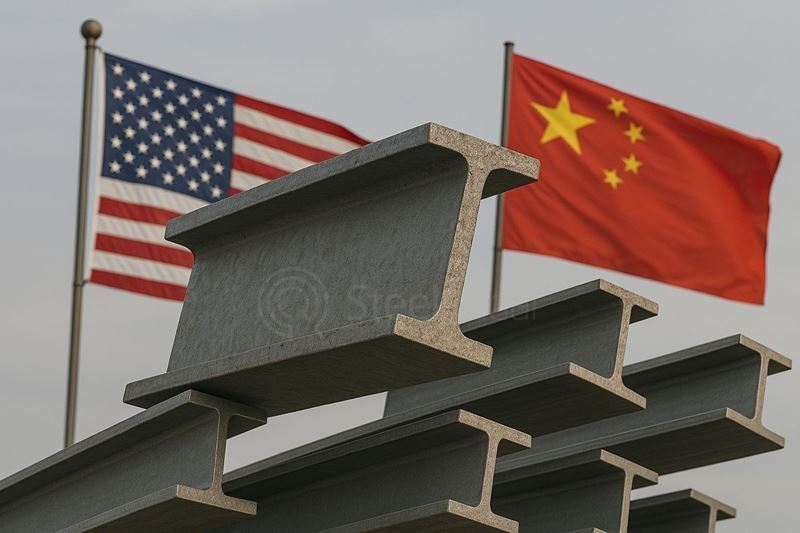
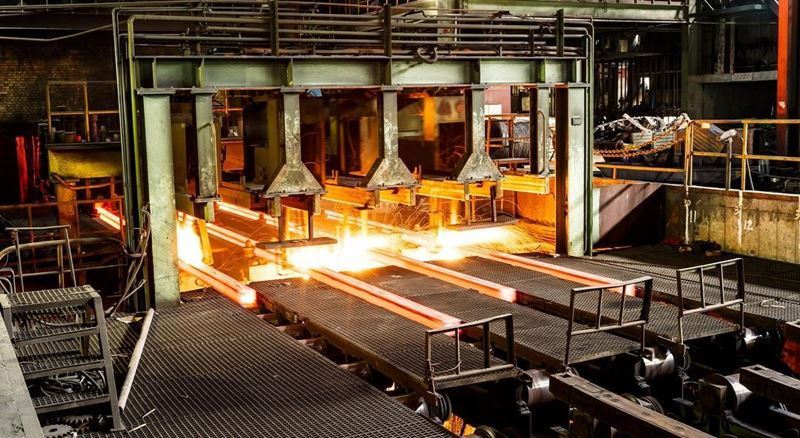
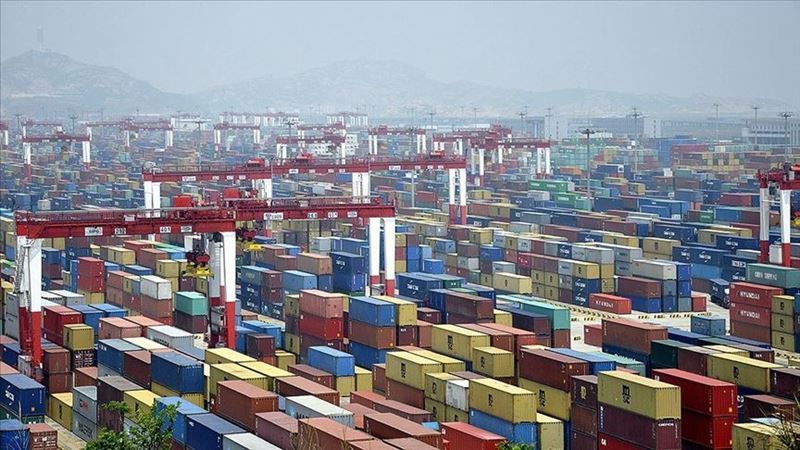
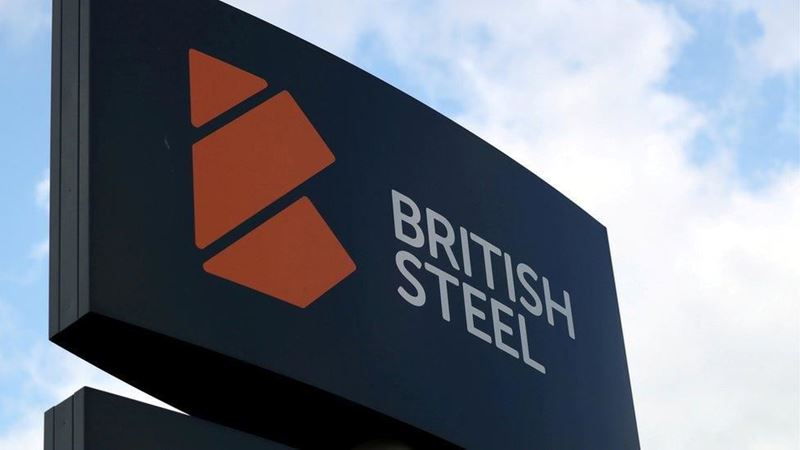


Comments
No comment yet.